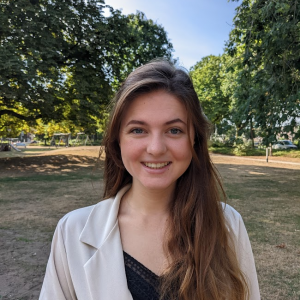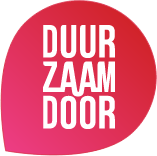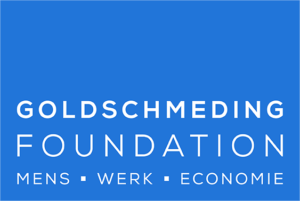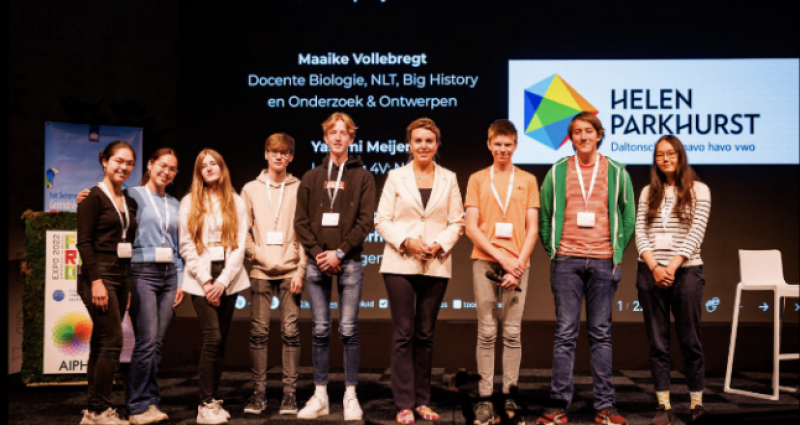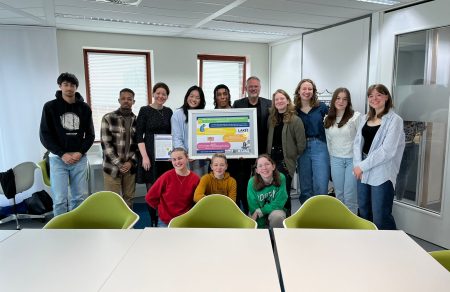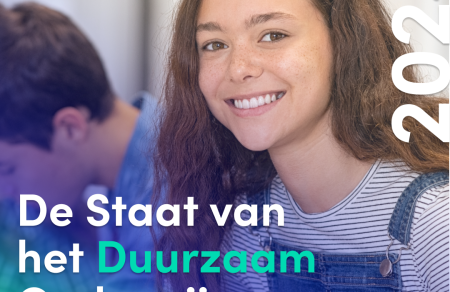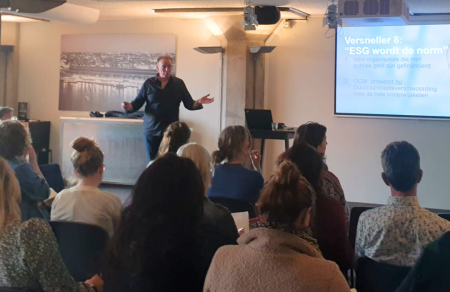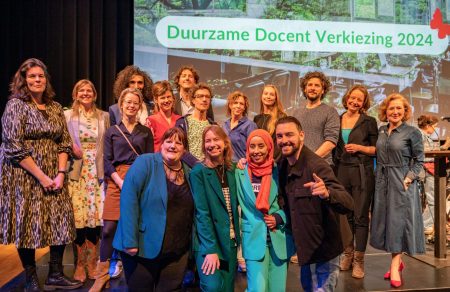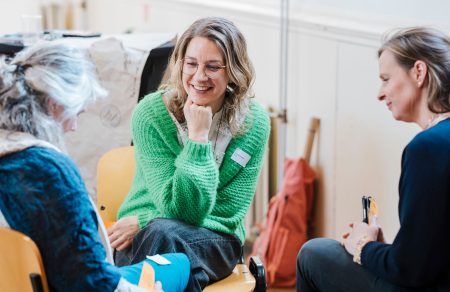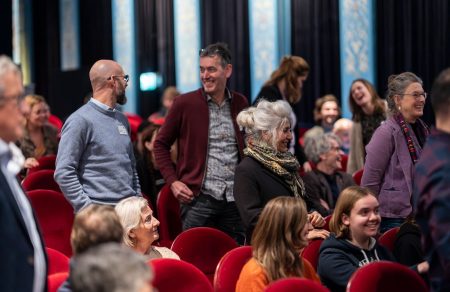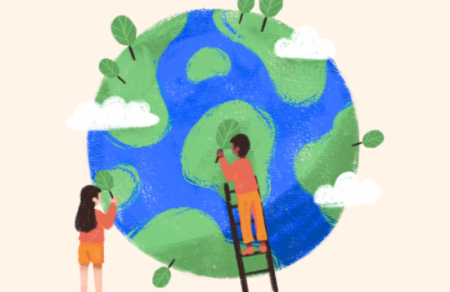School
Helen Parkhurst Almere
WSA section
Pedagogy and Didactics
Involved
Teachers and students of biology, physics, chemistry, geography, R&D, NLT
Good Practice
Teacher Maaike Vollebregt has run many projects as GLOBE Netherlands expert teacher and is also involved in the development of three projects (GrowApp, particulate matter and microplastics). GLOBE is a global research program for high school students. During a GLOBE research project, students collect data for large organizations (NASA, KNMI, RIVM, WUR) while learning more about the subject. More than 37,000 schools worldwide are affiliated and in the Netherlands 89 high schools are participating. You can get in touch with students and teachers from other countries working on the same project.
Students in the havo and vwo classes at Helen Parkhurst observe their own environment on a weekly basis. For example, they measure the level of particulate matter in the air, study the flowering phases of plants, investigate soil conditions, check the surface water for the amount of microplastics, measure the quality of water or chart the temperature in the city. The data collected are recorded in the GLOBE database. Within a project there is a collaboration between different subject teachers so that the necessary expertise is present.
At Helen Parkhurst, teachers from a variety of disciplines collaborate on the research assignments, creating greater support for the topics. Guest teachers are regularly invited around the topics to give students an even broader understanding of the issues. Currently, the projects around microplastics, particulate matter and urban warming are particularly rotated. These are topics that are not covered in regular classes and the measurement techniques are also different. Because of this, students choose these projects.
"It was very interesting to learn how many microplastics you can find in the water in Almere and around the world."
"I learned a lot: the course of a research cycle, planning, using a microscope, the measurement techniques ... I learned how microplastics end up in nature, that microplastics are everywhere and how they affect people, animals and plants."
Also check out the website of GLOBE Netherlands, the sustainable page on the Helen Parkhurst website and the Urban Heat Island research.
Stay tuned!
Doing research in practice at the Helen Parkhurst Almere is one of the good practices of the SustainaBul VO. Do you also want to make sustainable steps at your school? Join the SustainaBul VO network via the website or contact project manager Eline Koopman. Stay updated on learning for sustainable development in secondary education? Sign up for the network VO for Tomorrow!
